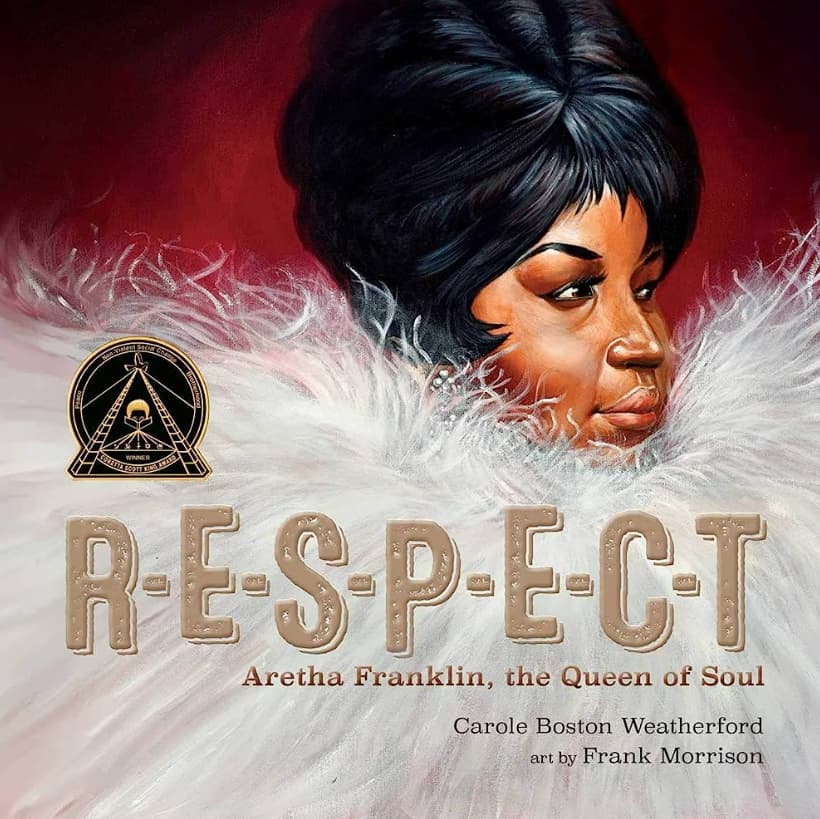
In the midst of the Vietnam War turmoil and the fierce battles waged in the civil rights and women’s movements in 1967 America, a soul anthem exploded onto the scene that would echo through generations—the timeless “Respect” by Aretha Franklin. Originally penned and recorded by Otis Redding in 1965, the song was transformed beyond recognition when Franklin infused it with an electrifying spirit of female empowerment.
Franklin didn’t just sing the song; she reclaimed it and turned it from a male plea into a woman’s fierce demand for dignity and acknowledgment. Instead of Otis’s softer, more male-centric version, Franklin’s rendition boldly spelled out R-E-S-P-E-C-T, making the message impossible to ignore. Complemented by the soulful backup voices of her sisters Erma and Carolyn Franklin, she introduced the now-iconic “sock it to me” line, which quickly became a cultural catchphrase, detached from any sexual connotation, according to Franklin herself in 2014: “It’s like if you gave me a high five.”
The 1967 socio-political climate intensified the song’s impact—President Lyndon Johnson was pushing for an end to racism and sex discrimination, yet the country’s streets demanded more. Franklin later reflected in her 1999 autobiography, “Aretha: From the Roots,” that “everyone wanted respect—the mother, the teacher, the businessman, the fireman… it was the need of a nation.”
The song’s recognition was swift and soaring. In 1968, Franklin earned two Grammy Awards for Best Rhythm & Blues Recording and Best Female Solo Vocal Performance. Her version was further immortalized by inductions into the Grammy Hall of Fame (1987) and the National Recording Registry (2002) by the Library of Congress. It’s celebrated as one of the “Songs of the Century” by both the Recording Industry of America and the National Endowment for the Arts.
This anthem was a true soundtrack of the 1970s feminist and civil rights movements, energizing countless souls with its message. Franklin shared in 2016 the inspiration behind her changes: “The term ‘Sock it to me!’ was a big thing in our neighborhood—all the kids were saying it… and the same goes for ‘TCB,’ meaning ‘taking care of business.'”
Here’s a glimpse of that unforgettable lyric where the call for respect and equality rings out:
“Hey, what you want
Baby, I got
What you need
Do you know I got it?
All I’m askin’
Is for a little respect when you come home…”
As these words resonated from Detroit to the world, Aretha Franklin’s “Respect” was more than a song—it was a roar for equality, a cry that challenged the status quo, and a timeless demand that continues to inspire those who dare to demand their dignity be honored.